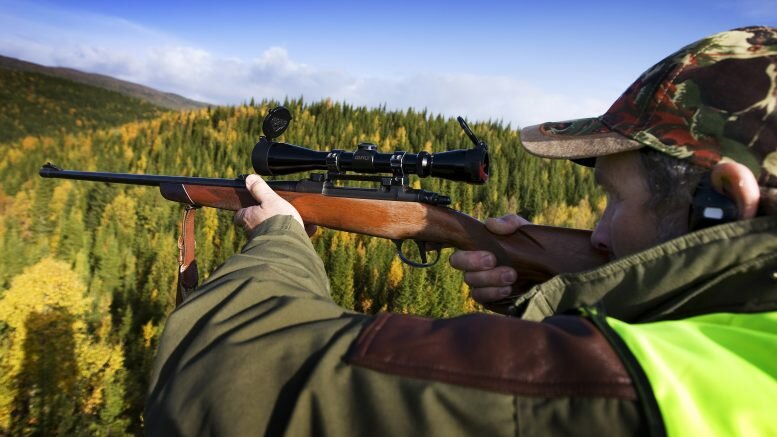Hunting, fishing and forestry still pose a far greater danger to most wild animals than global warming according to new surveys.
Harvesting and fires often leave forests of devoid of wild animals, but hunters do so in many places also.
In southern China, Laos, Cambodia, Thailand and Myanmar there are vast forests without wildlife, and empty cartridge cases and old snares on the ground tell the reason why.
The researchers drew attention to the phenomenon, and in addition to Southeast Asia, parts of Western and Central Africa, as well as Central America, are particularly affected.
Unique results
Researchers have compared 163 studies that examine the effects of hunting and fishing on 8,688 species of red-listed mammals, birds, reptiles, amphibians, fish and invertebrates.
The result is unambiguous. Hunting and fishing, often illegal and unregulated, kills most animals and affects 72% of the species studied.
Climate change only comes in seventh place researchers said. 1,688 of the 8,688 species, around 19%, are adversely affected by global warming and its effects.
Hardest hit
Large mammals such as deer, antelope, buffalo, tapir and primates are hardest hit by hunting and are completely eradicated in some parts of the world.
The population of large mammals has, on average, decreased by 40% in the tropical forest belt the survey showed.
Most striking are the researchers’ findings of the intact forests.
These are wilderness’ that should have been unaffected, but in 52% of these areas there are hardly any large mammals left.
National parks and reserves are also not safe. Illegal hunting is a major problem in 20% of these protected areas the researchers of PLoS Biology concluded.
Regional differences are great. In Canada’s large forested areas, relatively few species are hunted or exposed to other threats, while over half of all species in Southeast Asia and southeastern Brazil are heavily pressured.
Killer whales
Animal species are not only threatened on land, but also in the sea another study showed that was reproduced in the Proceedings of the National Academy of Sciences.
French scientists have investigated the stock of killer whales in the sea area between South Africa and Antarctica, where illegal fishing was carried out between 1996 and 2002. The results showed an unexpected effect.
Killer whales often ate up the fish that were stuck on the fishers’ hooks, and as revenge for this, the fishermen killed many orcas by using firearms and explosives. As a result, the population was dramatically reduced from 100 to 37 individuals, and since then it has never recovered.
No one knows how illegal fishing has affected the stock of orcas in other parts of the world, but the example showed how vulnerable species in the ocean can be.
© NTB Scanpix / #Norway Today





